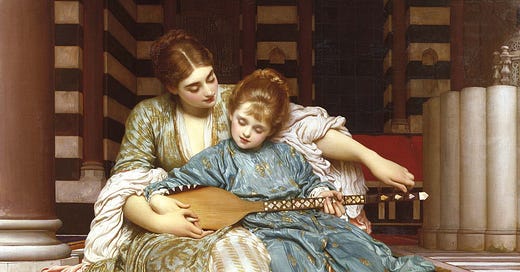There is an ancient and universal truth that every storyteller knows, perhaps less intellectually than instinctively: that there is a strong organic connection between memory and story.
The Baker/baker paradox is a brilliant study that illustrates this fact. This well-known research has been conducted with …





